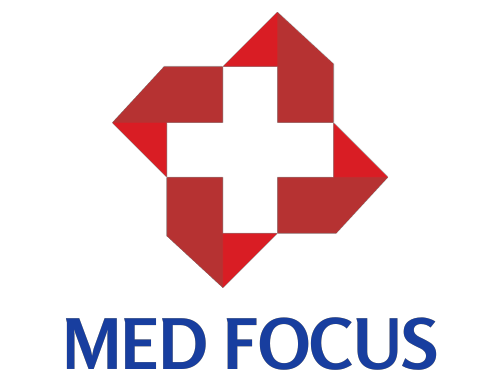Introduction:
Artificial intelligence (AI) is reshaping medicine, pushing the boundaries of diagnostics, treatment, and patient care. From image analysis to predictive analytics, AI-powered tools are being integrated across various healthcare fields. These technologies are not only enhancing the accuracy of diagnoses but also improving personalized care, which is transforming the experience for both medical professionals and patients. In this blog, we’ll explore some of the latest advancements in AI within medicine and their significant impact on healthcare.
1. AI in Diagnostics: Improving Speed and Accuracy
One of the most impactful applications of AI in medicine is diagnostics, particularly in image analysis. AI algorithms are being used to analyze medical images like X-rays, MRIs, and CT scans with impressive accuracy. By recognizing patterns in medical imaging, AI can detect abnormalities that may be too subtle for the human eye, such as early-stage cancers or signs of neurodegenerative diseases. This technology speeds up diagnosis times and provides a valuable second opinion, reducing the risk of human error.
2. Predictive Analytics: Forecasting Patient Outcomes
Predictive analytics in AI helps healthcare providers anticipate patient outcomes by analyzing historical data and identifying risk factors. For instance, AI models can predict which patients are more likely to experience complications post-surgery or develop chronic diseases based on their medical histories and lifestyle factors. This predictive capability enables proactive intervention and improves patient outcomes by supporting preventive care.
3. AI-Driven Drug Discovery: Accelerating Innovation
Drug discovery is a lengthy and costly process, often taking years to bring a new drug to market. AI is accelerating this process by identifying promising drug candidates, predicting molecular interactions, and optimizing clinical trial designs. AI-powered models, like those used by pharmaceutical companies, help researchers simulate drug efficacy and side effects, allowing them to make quicker decisions on which compounds to pursue further. This advancement could potentially bring effective treatments to patients faster and at lower costs.
4. Personalized Medicine: Tailoring Treatments to Individual Patients
AI enables personalized medicine, an approach where treatments are tailored to the individual’s genetic profile, lifestyle, and medical history. By analyzing vast amounts of data, AI can suggest treatments that are more likely to work for each patient, reducing trial-and-error and enhancing treatment efficacy. This is especially promising in fields like oncology, where tailored therapies can improve patient outcomes in complex diseases such as cancer.
5. Robotic-Assisted Surgery: Enhancing Precision and Safety
Robotic-assisted surgery is becoming more common, with AI guiding robotic systems to perform precise surgical tasks. These systems offer real-time feedback to surgeons, improving accuracy and reducing the risk of complications. Robotic systems, like the da Vinci Surgical System, allow surgeons to make smaller incisions, leading to quicker recovery times and reduced postoperative pain for patients. This combination of robotics and AI is a prime example of how technology enhances human skill in high-stakes environments.
Conclusion:
The advancements in AI within medicine are shaping a future where healthcare is faster, more accurate, and highly personalized. From diagnostics to drug discovery and robotic surgery, AI is enhancing the capabilities of healthcare professionals, improving patient outcomes, and reducing costs. As AI technology continues to evolve, its applications in medicine will expand, potentially transforming healthcare as we know it.
For medical students and professionals, staying informed about AI advancements is critical to future-proofing your skills and preparing for a rapidly evolving field.
FAQs:
1. How does AI in diagnostics improve patient care? AI in diagnostics enhances accuracy and reduces diagnostic errors, which can lead to earlier treatment and better patient outcomes. AI algorithms can analyze medical images, detect abnormalities quickly, and support healthcare professionals in making more accurate diagnoses.
2. What are some common applications of AI in medicine today? AI is commonly used in medical image analysis, predictive analytics for patient outcomes, drug discovery, personalized medicine, and robotically assisted surgery. These applications improve efficiency, reduce errors, and contribute to a more tailored approach to patient care.

Prepare for the future of medicine by enhancing your study experience with comprehensive, high-quality notes at https://mfocusreview.com/. Download our MED Focus app on Android and iOS to access study resources designed for aspiring medical professionals who want to stay ahead in the age of AI-driven healthcare.
Download MED Focus for Android: https://play.google.com/store/apps/details?id=com.nursingfocus
Download MED Focus for iOS: https://apps.apple.com/us/app/nursing-focus-nclex-rn-prep/id1633014109
